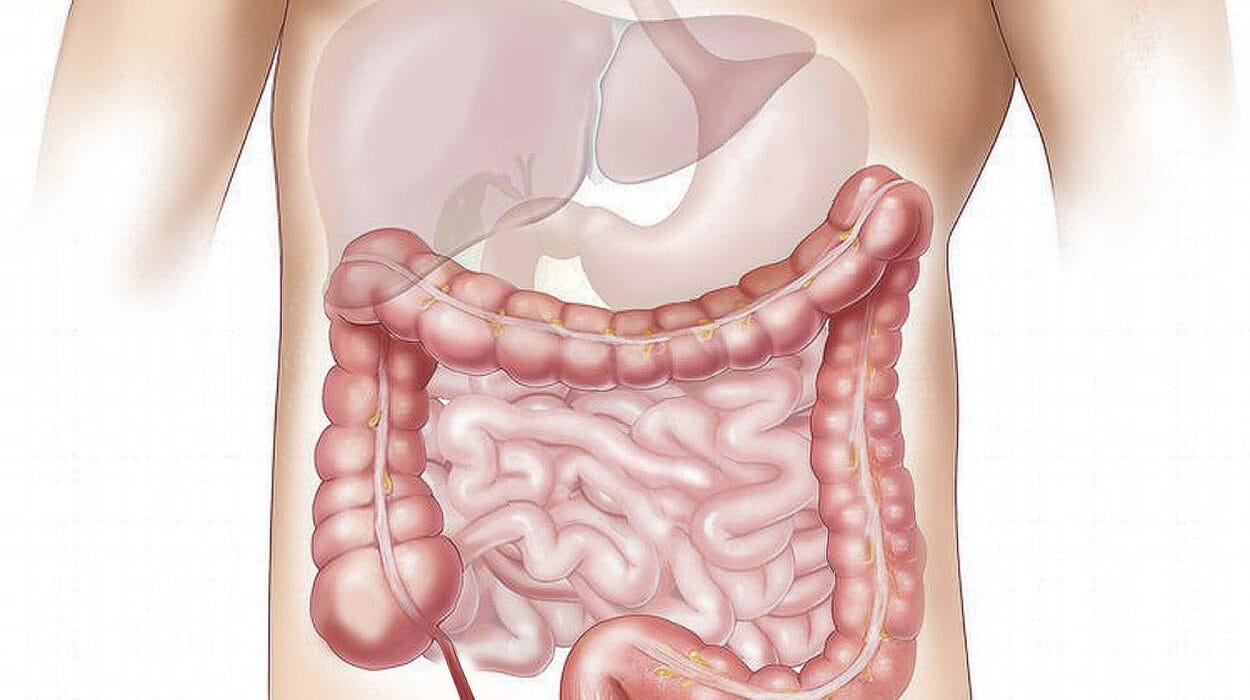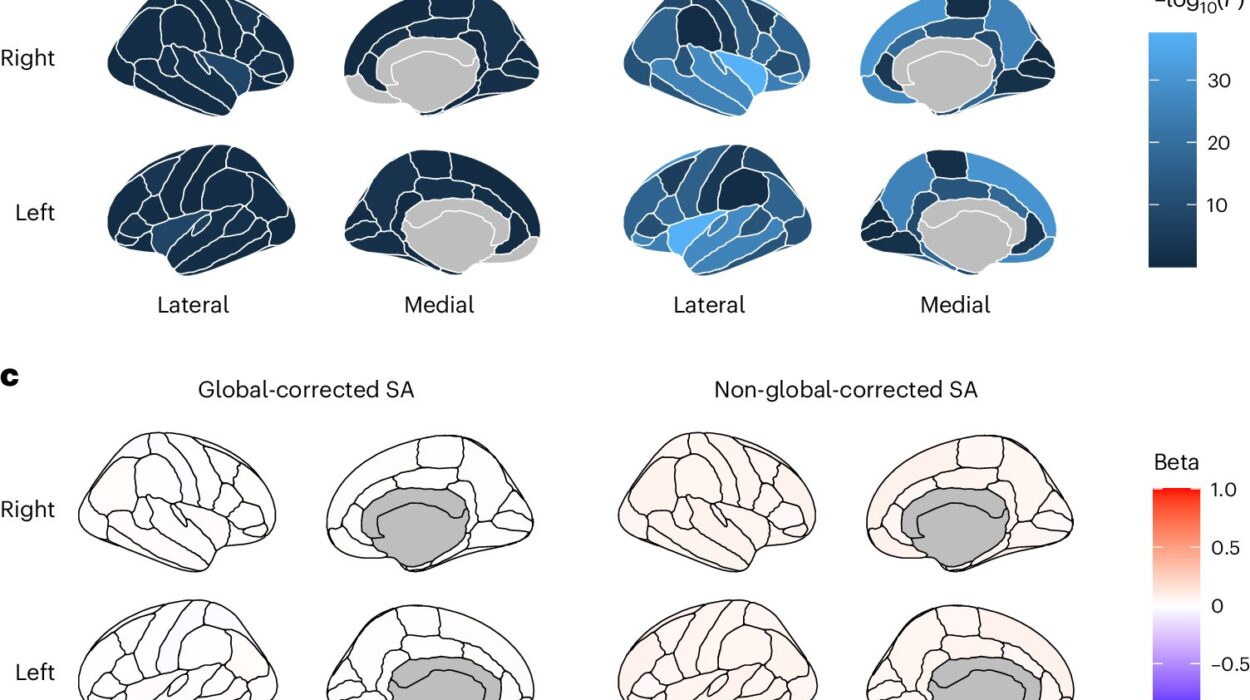Could the month you were born in quietly shape your mental health decades later? A new study from researchers at Kwantlen Polytechnic University hints that it might—at least for men. The research, published in PLOS Mental Health, found that males born in summer months reported higher depression symptom scores than those born during other seasons. While the effect was modest, it adds a new layer to our understanding of how early environmental exposures—starting even before birth—might play a role in long-term mental well-being.
Importantly, the study found no such seasonal association among women, and no link between birth season and anxiety symptoms for either sex.
Why Season Might Matter: The Science of Gestational Timing
At first glance, it may seem improbable that something as uncontrollable as your birth season could be linked to your mental health. But the logic isn’t as far-fetched as it sounds.
During pregnancy, a developing fetus is exposed to a host of seasonal environmental factors: shifting temperatures, maternal diet changes, seasonal infections, and perhaps most notably, variation in daylight exposure—known as the photoperiod. These subtle exposures might influence neurodevelopment in critical ways. In fact, previous research has shown birth season associations with conditions like schizophrenia, bipolar disorder, and schizoaffective disorder.
However, the research on depression and anxiety—two of the most common and burdensome mental disorders globally—has been more limited and inconsistent. That’s what led the team at Kwantlen Polytechnic University to take a fresh look.
Inside the Study: Who Was Involved and What Was Measured
The researchers designed a cross-sectional survey to explore whether the season in which people are born is linked to symptoms of depression or anxiety later in life.
They collected data from 303 adult participants, most of whom were women (65%) with an average age of 26. The study was conducted online between January and March 2024, using recruitment methods that targeted people living in and around Vancouver, British Columbia—a region known for its dark, rainy winters and striking seasonal contrasts.
Participants filled out a 20-minute questionnaire that included the PHQ-9, a validated scale to assess depression severity, and the GAD-7, which measures anxiety symptoms. Their birth months were grouped into four meteorological seasons: spring, summer, fall, and winter.
Using a generalized linear mixed model, the team tested whether depression or anxiety scores were associated with season of birth. They factored in sex and season as fixed effects and considered variables like age, income, and geographic latitude as random effects.
What the Study Found: A Subtle but Specific Signal
The results were striking in their specificity: summer-born men showed slightly higher depression scores than their male counterparts born in fall, winter, or spring. While the study does not suggest a dramatic difference, the consistent elevation in this group hints at a potential link worth investigating further.
In contrast, women’s depression scores were not significantly influenced by their birth season, although those born in winter and spring showed marginally higher scores on average. Anxiety symptoms showed no meaningful association with birth season in either men or women.
Interestingly, 84% of participants met the threshold for depressive symptoms, and 66% for anxiety—numbers that far exceed national averages. However, the researchers caution that these high rates may be due to the sample’s composition: young, student-heavy, and surveyed during the dark winter months when mood disorders tend to spike.
How Might Summer Births Influence Male Depression?
The findings raise a fascinating question: what might explain the elevated depression scores among summer-born males?
Researchers suggest that season of birth could serve as a proxy for environmental factors encountered during gestation. For someone born in summer, their second and third trimesters—the most sensitive windows for brain development—likely occurred during the darker, colder months of the previous year. This could have meant reduced maternal sunlight exposure (affecting vitamin D levels), altered nutrition, or heightened susceptibility to winter viruses and inflammation.
This prenatal environment could influence the formation of key brain structures involved in mood regulation, stress response, and emotion. For example, the serotonergic system, which plays a major role in depression, may be particularly sensitive to early environmental cues. Moreover, males and females respond differently to gestational stressors, possibly due to differences in hormone systems and neurodevelopmental trajectories. This could explain the sex-specific effects observed in the study.
What the Findings Don’t Mean: Avoid Summer Babies?
Before anyone gets too alarmed—or starts planning births around seasonal calendars—it’s important to note what this study does not claim.
The researchers are not suggesting that being born in summer causes depression in men. Rather, they found a correlation, which may reflect subtle, early-life influences that interact with many other factors across a person’s life. These include genetics, childhood environment, education, social support, and access to care—all of which have well-documented impacts on mental health.
And because the study was cross-sectional—capturing data at a single point in time—it cannot determine causality. It also relied on self-reported data and a relatively small, non-representative sample, limiting how broadly the results can be applied.
Still, the patterns are compelling enough to warrant deeper investigation.
Why It Matters: A Glimpse Into the Earliest Origins of Mental Health
Despite the limitations, this research underscores an often-overlooked truth: mental health may be shaped long before symptoms ever emerge, even in the womb. As science continues to unravel the complex roots of disorders like depression and anxiety, understanding early-life exposures—especially those linked to environmental seasonality—could help inform prevention strategies and tailor interventions.
It also opens up a window into how biology and environment dance together, sometimes in mysterious and unexpected ways. Seasonal light patterns, maternal stress, nutrient cycles, and infectious exposures—all part of nature’s annual rhythm—might quietly sculpt the wiring of the human brain.
And while this study focused on birth timing, it also gestures toward a broader shift in mental health research: looking not just at what goes wrong in adulthood, but what quietly begins—sometimes invisibly—during the earliest chapters of life.
Looking Ahead: Where Science Goes From Here
The authors of the study call for more robust, longitudinal research to better understand how and why birth season might influence mental health outcomes. Future studies could incorporate biological measures—such as prenatal hormone levels, vitamin D status, or immune markers—as well as geographical comparisons to see if the effect holds across different climates and latitudes.
Understanding these connections could one day help clinicians identify at-risk individuals earlier and develop more personalized mental health care—possibly even before a single symptom appears.
As the field of perinatal neuroscience grows, so too does our appreciation for the hidden timelines of mental health. Birth may mark the beginning of life as we know it—but it’s also a final chapter in a prenatal journey that may leave lasting fingerprints on who we become.
More information: Arshdeep Kaur et al, Investigating the association between season of birth and symptoms of depression and anxiety in adults, PLOS Mental Health (2025). DOI: 10.1371/journal.pmen.0000296






